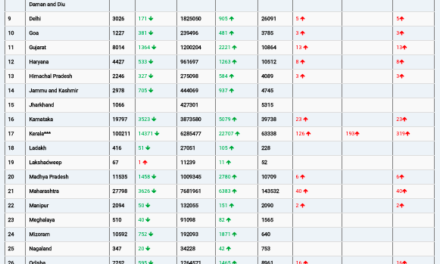Los Angeles, CA – A new study published in the journal Addiction has revealed a concerning trend: young adults who begin vaping after graduating high school are at a significantly higher risk of rapidly progressing to frequent e-cigarette use. Researchers found that this group, with a mean age of 20 at initiation, reaches frequent vaping levels in about one year, compared to the approximately three years it takes for those who start in high school.
The study, conducted by researchers at the USC Keck School of Medicine, followed over 2,000 students from 10 California high schools from 9th grade (2013) until 2023. Participants were surveyed about their e-cigarette use every six months during high school and then annually into young adulthood.
“We know from existing research that youth who begin vaping early in their mid-teens are at high risk for developing nicotine dependence and are more likely to continue using nicotine products later in life,” said lead author Dr. Junhan Cho. “Our study identified another high-risk group of late initiators who progressed to frequent use much more quickly.”
The researchers identified four distinct groups of e-cigarette users:
- Young Adulthood/Rapid Progression (21.1%): Started vaping after high school and progressed to frequent use within 1.2 years.
- Early High School/Gradual Progression (13.9%): Started vaping in early high school and progressed to frequent use in about three years.
- Late High School/Gradual Progression (4.3%): Started vaping in late high school and progressed to frequent use in about three years, post-graduation.
- Low Initiation Risk/No Progression (60.7%): Had a low risk of initiating e-cigarette use or did not progress to frequent use.
“Frequent use” was defined as vaping on 20 or more of the past 30 days. Notably, the “Young Adulthood/Rapid Progression” group also reported a higher prevalence of using JUUL as their first device, suggesting a potential link between the device’s availability and rapid addiction.
The study also found that this late initiation group showed rapid increases in the highest levels of vaping frequency and e-cigarette dependence in young adulthood, compared to the other groups.
Dr. Cho emphasized the need for targeted health policies, stating, “The findings of our study suggest that health policies to reduce vaping harms should target early adulthood as well as adolescence.”
The research highlights the evolving nature of vaping addiction and the importance of continued monitoring and intervention in young adult populations.
Disclaimer: This article is based on the provided study and should not be taken as definitive medical advice. Vaping poses significant health risks, and individuals experiencing concerns should consult with a healthcare professional. The long-term effects of e-cigarette use are still being researched.(https://medicalxpress.com/news/2025-04-older-teens-vaping-high-school.html)












